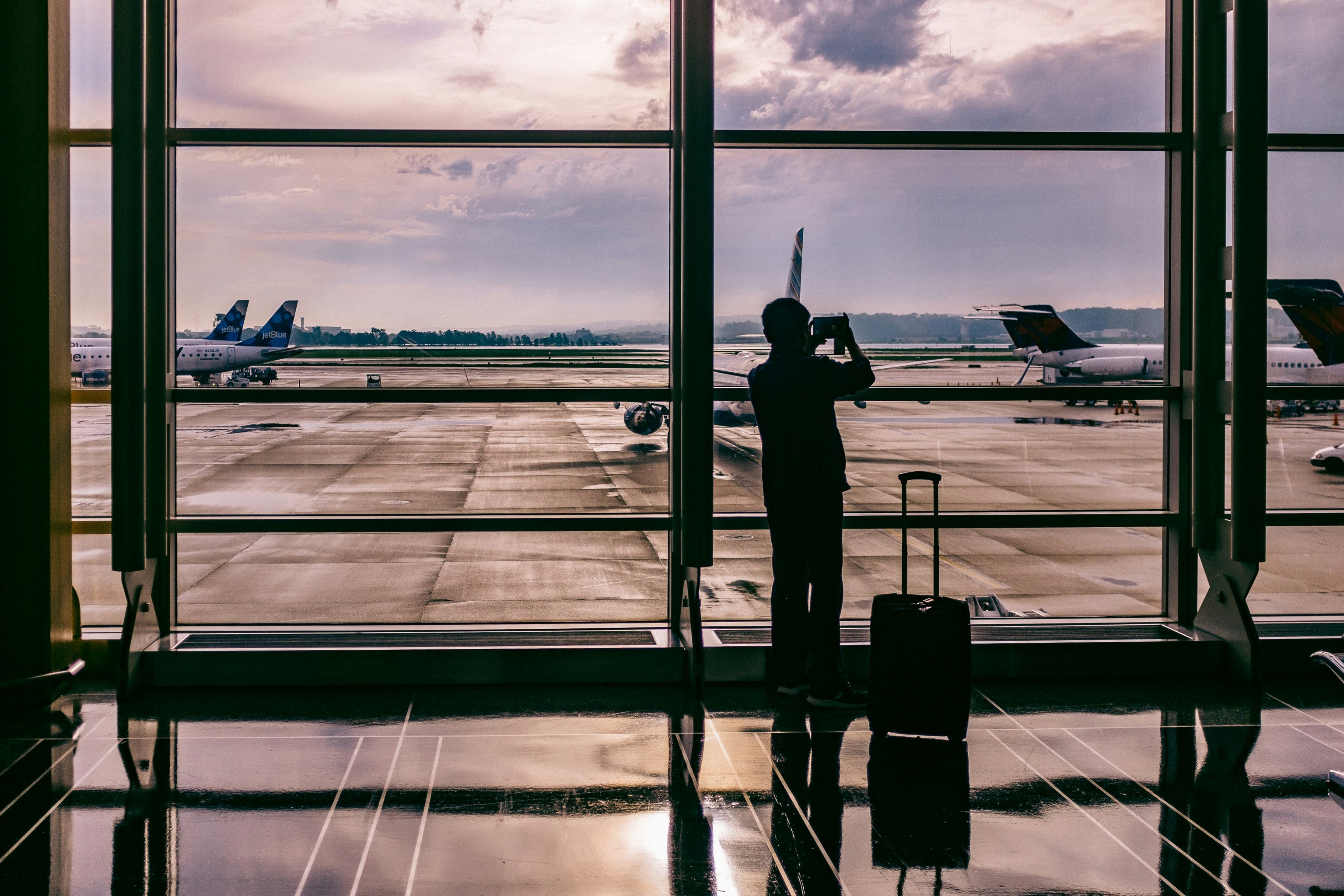Fly Rights: Inside the US’s New Flight Compensation Policy
4 min read
Flying in the United States anytime soon? You’ve got brand new rights you might not know about.
Flight rights (or Fly Rights, officially) is a new regulation that outlines an airline’s responsibility toward its passengers. More specifically, it covers what happens when flights are delayed, canceled, or rescheduled at the last minute.
Historically, Americans haven’t had too many options when things go wrong at the airport.
Even when facing issues like missed connecting flights due to previous delays, passengers haven’t had much recourse. My official advice? Be nice to gate agents, smile and show courtesy, and hope for the best.
And for a long time, that wasn’t just the best course of action—it was the only course.
This recently changed thanks to policy updates from the Department of Transportation. New regulations set forth a new set of rules that airlines operating in the US must follow.
More specifically, it covers passenger compensation as a result of delays caused by airlines.
But what’s actually included in the Fly Rights consumer protection approach? And what information is the most immediately impactful for passengers? Let’s explore this new era of commercial air travel.
The new flight rights policy
The Fly Rights Consumer Guide to Air Travel lays out helpful information related to airfares, baggage, overbooking, travel scams, frequent-flyer programs, and more. The goal is to educate passengers on what’s normal in the airline industry.
As someone who writes about airlines and flies with multiple companies frequently, I was pleasantly surprised while reading through the guide. It’s short and sweet in all the right ways. If you need any type of refresher on how airlines and airports work, give it a quick read-through.
Here’s what I think you need to know—
One of the primary goals of the Fly Rights campaign is to educate us passengers by laying out the norms. The second goal is to hold airlines accountable for delays, disruptions, and cancellations.
More importantly, the Fly Rights rules dictate when and how airlines must compensate passengers with refunds.
No more vouchers. No more discounts. No more begging at the counter. No more waiting in hours-long lines. No more terrible airport snacks.
Just cold hard cash. (Well, in most cases.)
Who gets refunds according to the Fly Rights program—and for what?
Let’s get to the fun stuff. So, when are you guaranteed compensation for a mix-up at the airport?
When your flight is canceled or significantly delayed. A significant delay covers domestic flights that are delayed at least three hours and international flights that are delayed at least six hours.
Airlines can offer alternative transportation or travel credits in these cases. However, its up to the passenger to choose how they’d like to be compensated.
And that’s not all.
Significant delays also cover outcomes such as increasing the number of connections, changing the departing or arriving airport, being downgraded to a lower class, or rebooking a disabled passenger on a less accessibility-friendly plane.
And that’s still not all.
Aside from significant delays or changes to a flight, airlines are also required to offer compensation when baggage is returned at least 12 hours late for domestic flights and up to 30 hours for international flights.
Additionally, airlines owe compensation when they fail to provide extra services that passengers paid for, like extra legroom.
How are passengers compensated?
The final goal of the Fly Rights program is to make it easy for passengers to make their claims and receive financial compensation. According to the rules, compensation should be pretty seamless for the passenger.
When a flight has been significantly delayed or canceled, airlines must:
- Automatically issue refunds without any prompts from passengers.
- They must issue these refunds within seven business days for credit card purchases or 20 days for other forms of payment.
- Refunds must be provided in cash or via the passenger’s original payment method. Passengers can choose to accept other forms of payment.
- Refunds must include all taxes and fees imposed by the government and airline.
So, what do you do if your flight is delayed or mismanaged? Find another way to get where you’re going—and keep a lookout for that refund. It should be deposited back to you with no added work on your part.
Discover more from Slow Travel News
Subscribe to get the latest posts sent to your email.



